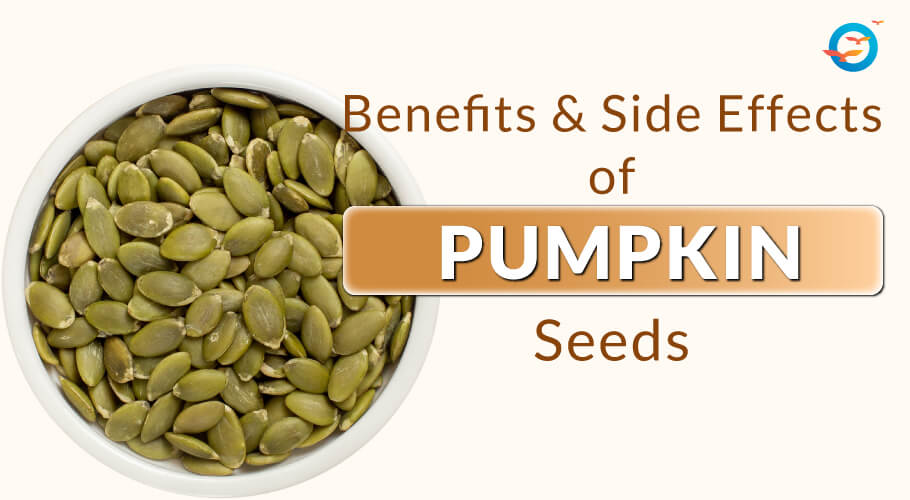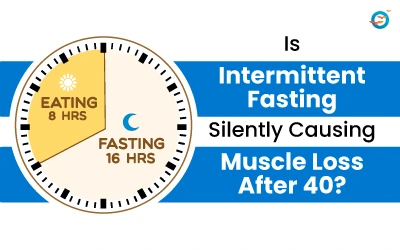Is Pumpkin Seed Good for Diabetes?

Health Benefits of Pumpkin Seeds
Pumpkins are attractive due to their rounded structure and beautiful yellow-orange color. Not only the recipes prepared from them are tasty but kids also love them as they can perform various kids' activities with pumpkins.
There is a lot of confusion about the category in which Pumpkin must be considered. Is it a gourd, is it a vegetable, is it squash or is it a fruit?
In whatever way you are consuming pumpkin, it is the right move.
Pumpkins fall in the Cucurbitaceae family. They are originally found in North America and are particularly popular around Thanksgiving and Halloween.
In some places, like Australia, pumpkin may refer to the type of winter squash.
Commonly thought of as a vegetable, pumpkin is actually a fruit, as it contains seeds. The flesh or the fruit is used for preparing various delicacies like vegetables, paratha, pancakes, soup, etc.
But did you know that having pumpkin seeds is a wiser move?
Pumpkin seeds nutritional facts
- 1-ounce (28-gram) serving contains:
- Fiber 1.7 grams
- Carbs 5 grams
- Protein 7 grams
- Fat: 13 grams
- Vitamin K 18% of the RDI
- Phosphorus 33% of the RDI
- Manganese 42% of the RDI
- Magnesium 37% of the RDI
- Iron 23% of the RDI
- Zinc 14% of the RDI
- Copper 19% of the RDI
Pumpkin seeds benefits
• Pumpkin seeds are a rich source of iron, magnesium, antioxidants, zinc, and many other nutrients that help in maintaining good heart health.
• Antioxidants can not only protect cells from harmful free radicals but also reduce inflammation.
• Pumpkin seeds are found to be helpful in reducing symptoms of overactive bladder and benign prostate enlargement.
• Pumpkin seeds are also found to help prevent certain types of cancer.
• Pumpkin seeds contain healthy magnesium necessary for blood sugar levels, blood pressure, bone, and heart health.
• Pumpkin seeds are found to increase nitric oxide generation in one's body which is very good for heart health.
Nitric oxide helps in many ways like in expansion of blood vessels, improving blood flow, and reducing plaque growth in your arteries.
• Pumpkin seeds can help to reduce blood sugar levels in type 2 diabetics.
• Risk of type 2 diabetes, heart disease, and obesity is highly reduced due to the high fiber content of pumpkin seeds.
• Zinc, tryptophan, and magnesium present in pumpkin seeds help promote good sleep.
How to consume pumpkin seeds?
One can include pumpkin seeds in the total dose of 4-8 teaspoons of 2-3 types of seeds per day. To summarize, pumpkin seeds are beneficial to become healthy as they contain a lot of nutrients in them which are heart-healthy, blood pressure healthy, and also helpful in type 2 diabetes. therefore, urge all diabetics and rest others to start having seeds for good health.
Do you want to know is sunflower seeds good for diabetes? visit our Article.
Was this article useful? Then share it In relation to seeds, there is another beautiful article on fenugreek seeds in our blog section. do read it. You can also visit our Instagram account to know FFD's event updates and more.
FAQs
1. Are pumpkin seeds good for diabetes?
Yes, pumpkin seeds are high in fiber, which helps to lower blood sugar by slowing digestion and the release of glucose into the bloodstream. They also contain magnesium, which helps regulate insulin.
2. How do pumpkin seeds help with diabetes management?
Pumpkin seeds are rich in Antioxidants, Fiber, and healthy fats, which can help improve insulin sensitivity and reduce inflammation. Their low glycemic index makes them a diabetes-friendly snack.
3. How much pumpkin seeds to eat daily for diabetes?
One can include pumpkin seeds in the total dose of 4-8 teaspoons of 2-3 types of seeds per day.
4. Are pumpkin seeds a good source of fiber for diabetics?
Yes, pumpkin seeds are rich in fiber, which helps in stabilizing blood sugar levels and help in digestion, both important for diabetes management.

